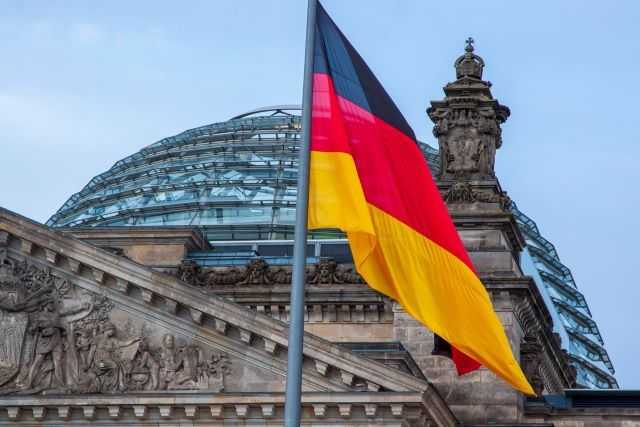Home>[Table ronde] Germany at the polls: key issues and perspectives

10.02.2025
[Table ronde] Germany at the polls: key issues and perspectives
About this event
10 February 2025 from 17:00 until 19:00
Claude Érignac Amphitheatre
13 rue de l'Université, 75007, ParisOn February 23rd, German voters will elect new members of the Bundestag, the German federal parliament, whose composition will determine the next federal government. Originally scheduled for late September 2025, early elections were called following a government crisis and the rejection of a motion of confidence against incumbent Chancellor Olaf Scholz.
Since the 2021 elections, Germany has been governed by a coalition of the Social Democratic Party (SPD), the liberal Free Democratic Party (FDP), and The Greens, known as the "traffic light coalition." This coalition collapsed due to disagreements over economic policies against the background of an economic crisis, growing public dissatisfaction with federal actions, and coalition members’ severe electoral losses in state elections in September. Meanwhile, the far-right Alternative for Germany (AfD) gained ground at the state level and continues to perform well in opinion polls, bolstered by an endorsement from Elon Musk, owner of X and a member of the future Trump administration.
Why did the incumbent coalition fail? What are the main issues at stake in this campaign? What will be the role of the US election and social media? What can we expect from the ballot? What could be the consequences for Germany and Europe?
These are some of the questions we will explore during a roundtable discussion, co-organized by the Centre for European Studies and Comparative Politics (CEE) and Sciences Po’s School of Public Affairs.
